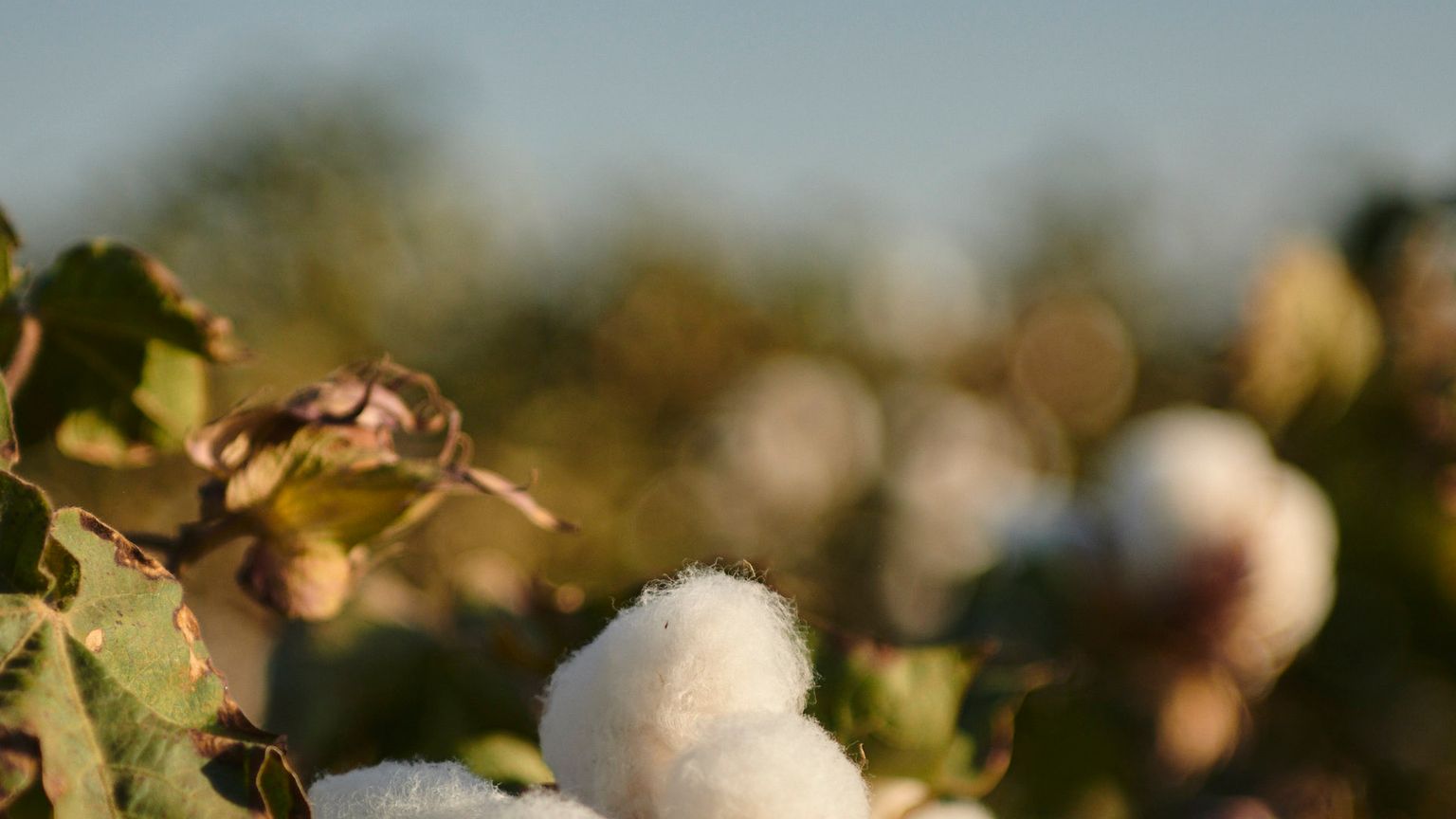
The Regenerative
Organic Cotton Pilot Project
In order to help reverse climate change and make a positive impact, we are co-creating with WWF the first regenerative organic cotton farm in Turkey.
The modern agricultural system is broken.
Areas of land all over our earth have been eroded and destroyed from monocultural farming and by harmful agricultural practices like deep-tilling and excessive chemical use. These practices have left areas barren, waterways polluted, and communities in danger.
It’s also contributing to climate change, as areas of land that once drew down carbon from our atmosphere are now releasing more carbon than they store. Together, we can take action against climate change by implementing more responsible agricultural practices.
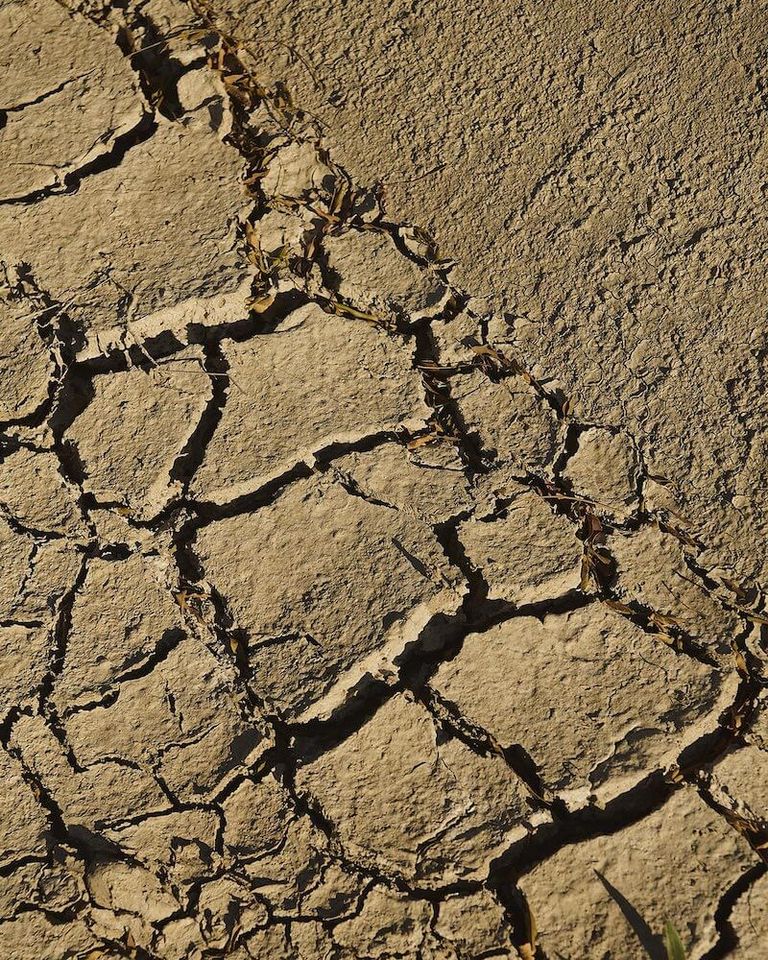
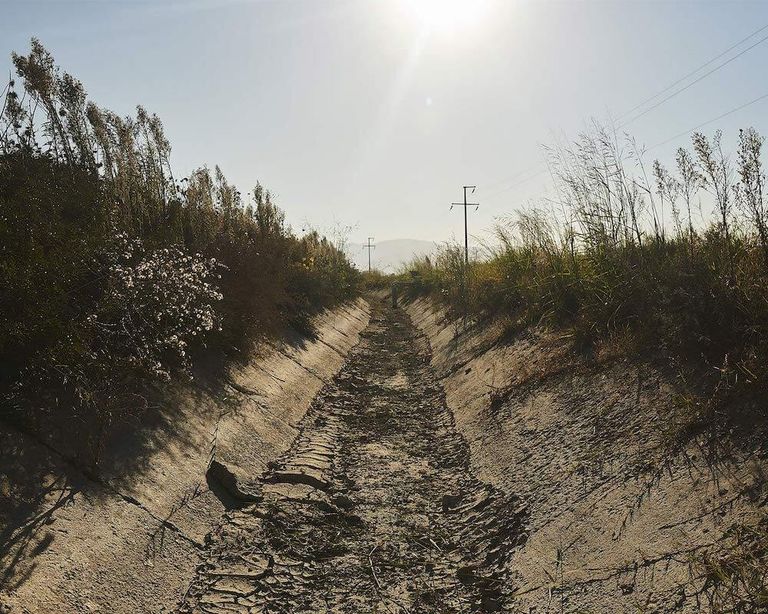
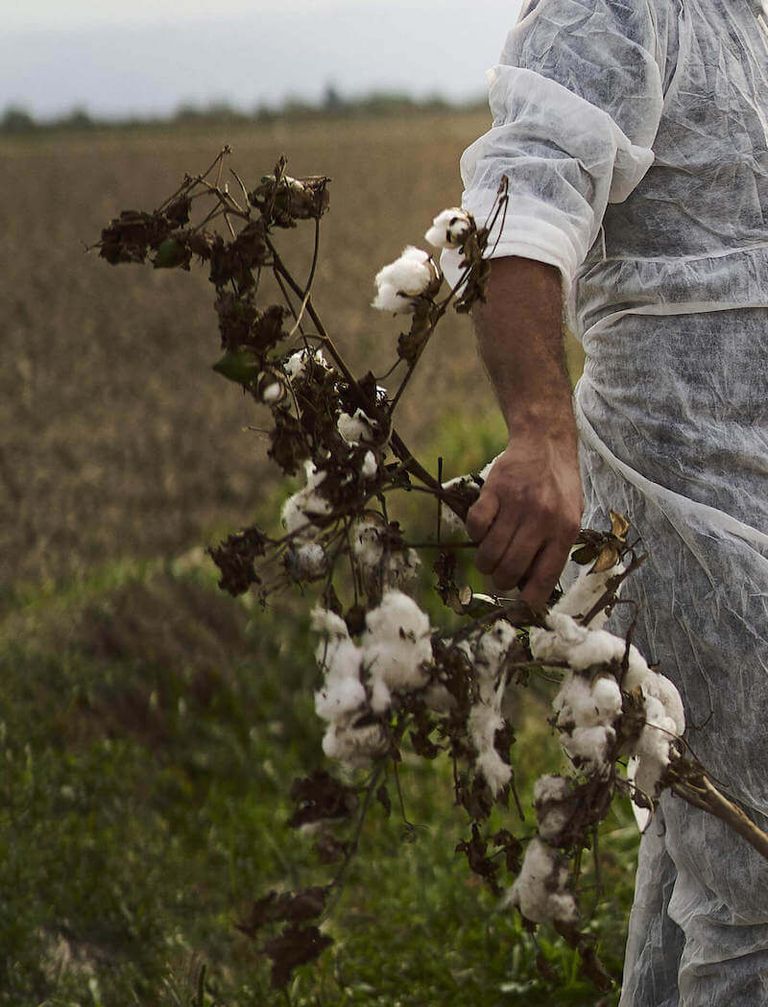
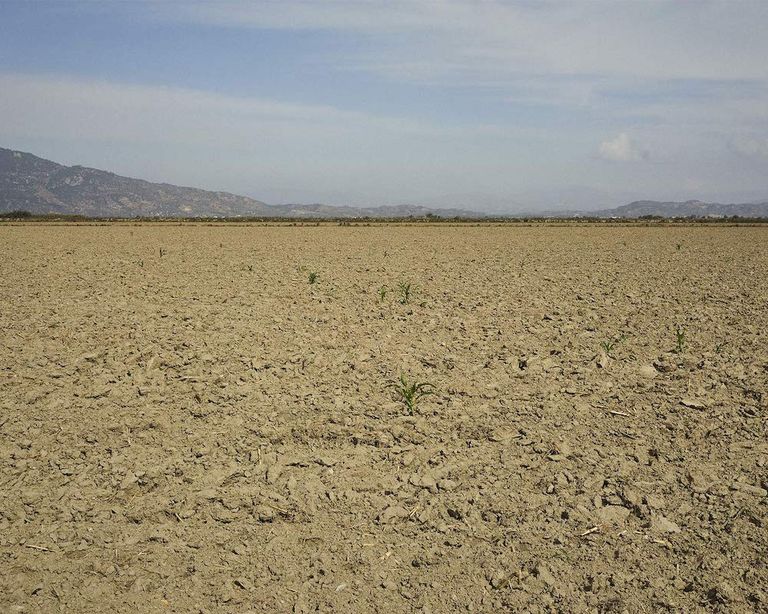
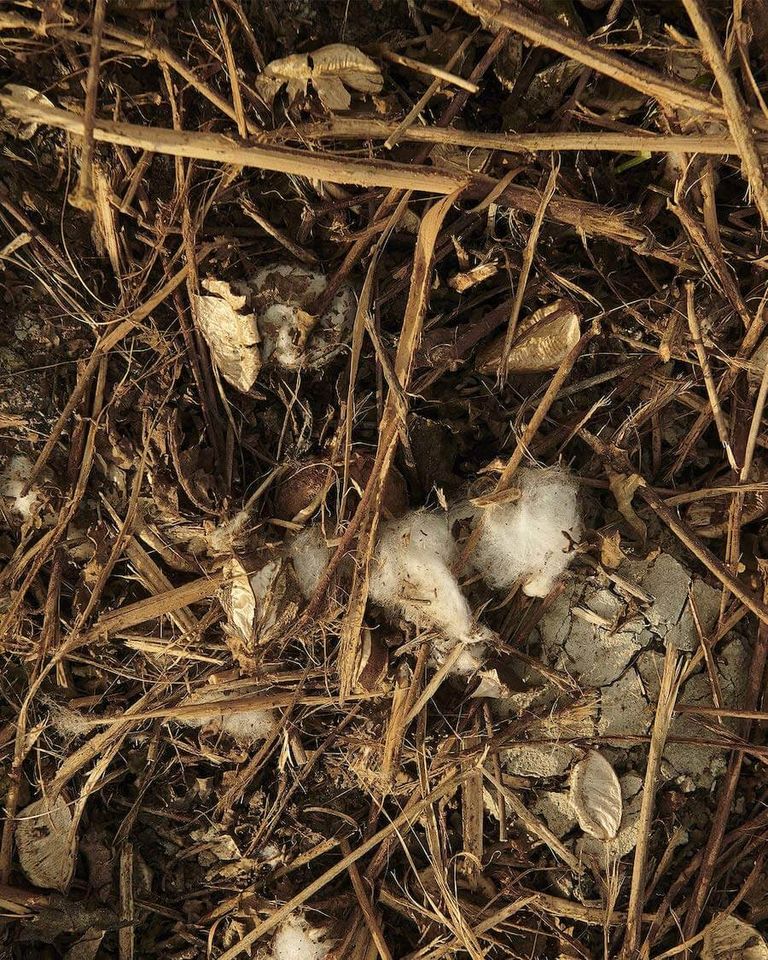
How does regenerative farming work?
Here’s a quick overview of how regenerative farming works. By adopting these measures, we can support the development of healthy soil and waterways.
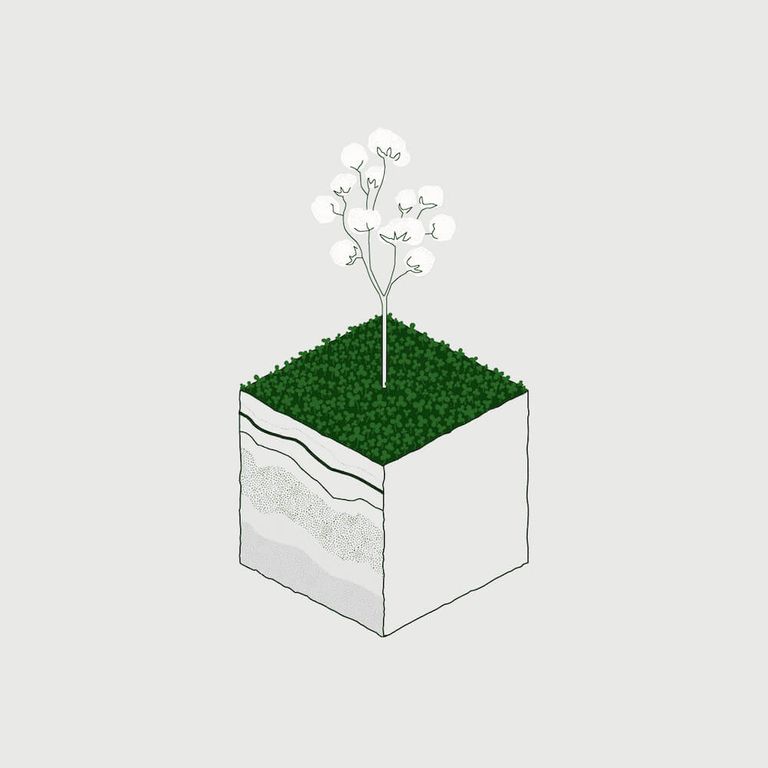
Protecting the soil by planting cover crops increases organic matter in the soil and enables better water management. When the soil is healthy, more carbon can be drawn down from the atmosphere.
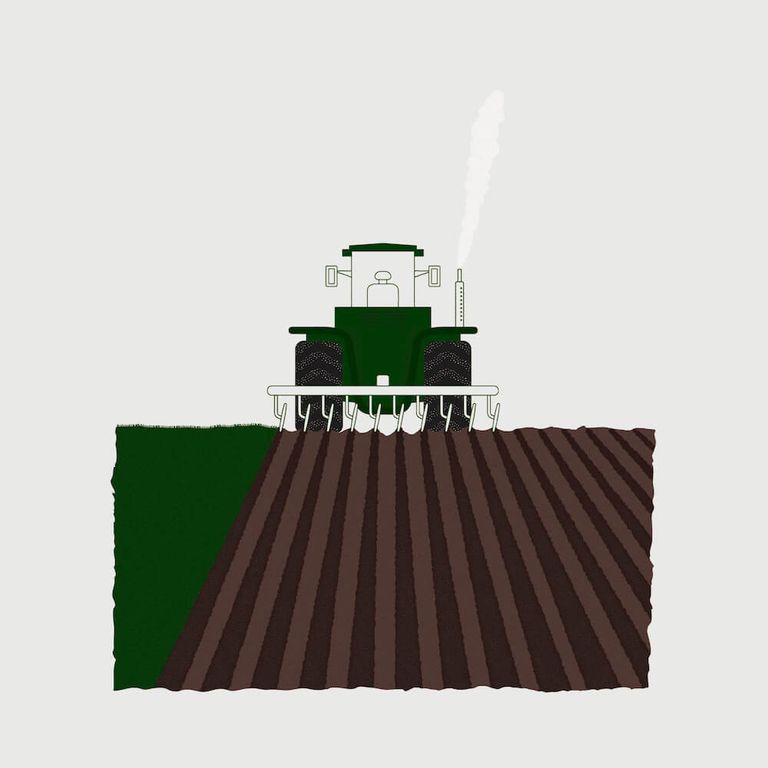
Deep tilling disturbs soil structure and microbial growth. Over time, this can completely destroy soil quality, which results in fewer amounts of carbon being drawn down from the atmosphere.
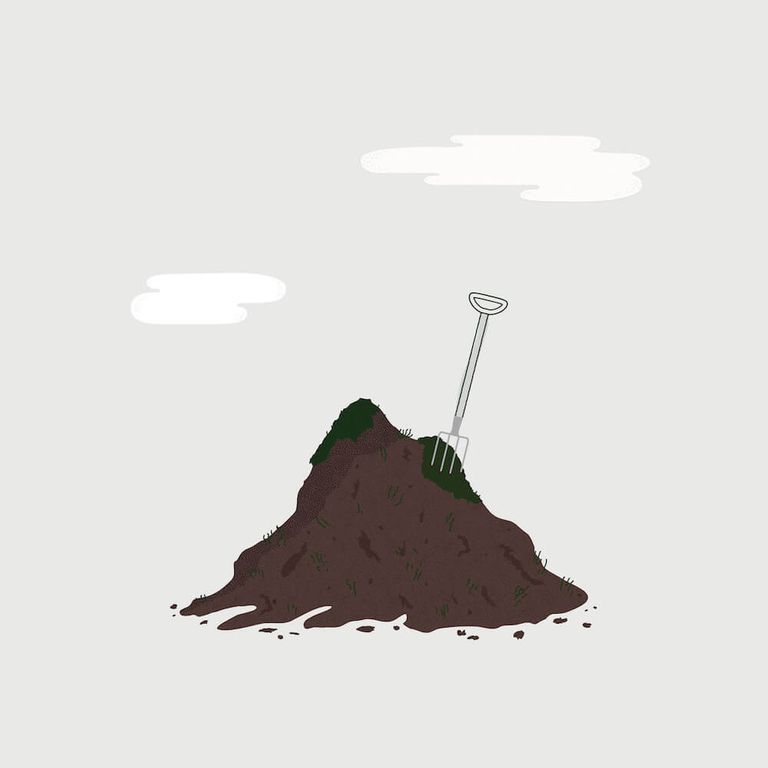
Increasing the population, diversity and protection of microbiomes in the soil can also be achieved by developing smart compost systems, resulting in better soil health and carbon drawdown from the atmosphere.
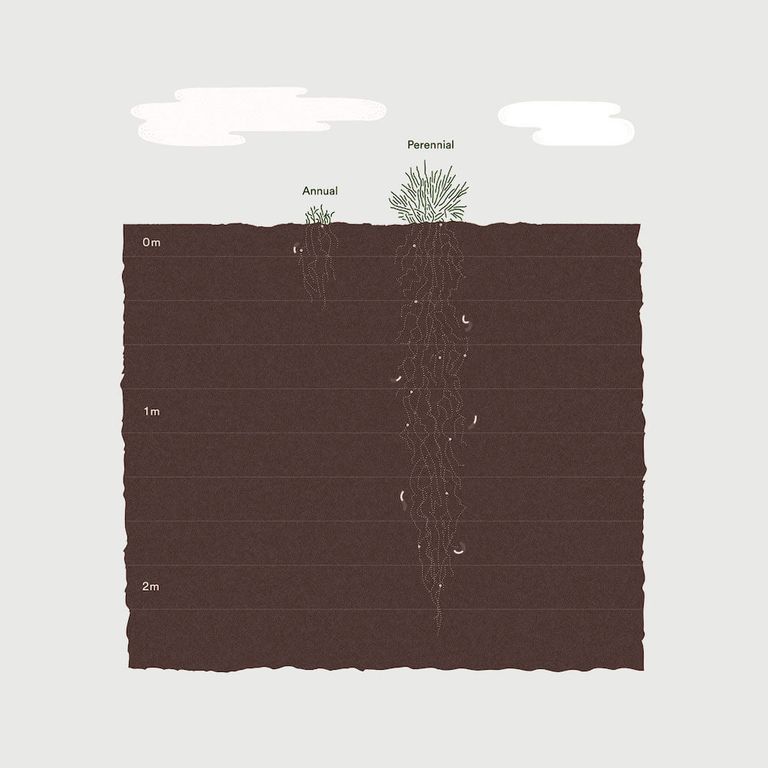
By planting perennials, otherwise known as plants that won't be harvested annually, the roots will have a chance to establish themselves, microbial activity in the soil will increase, and this will result in better carbon drawdown.
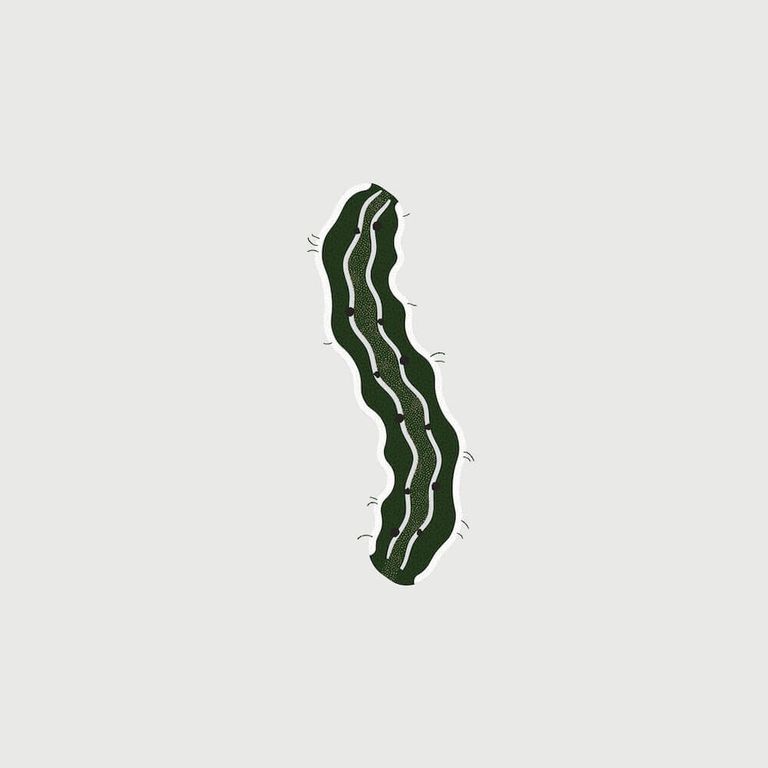
Eliminating or reducing the use of pesticides can be done by integrating other forms of pest management systems, enabling better soil health.
Let’s change the way cotton is grown.
Regenerative farming uses a holistic set of practices to improve the quality of the soil and the nature around it. It’s rooted in a traditional and indigenous approach, where healthier practices like no deep-tilling, perennial and cover crop planting, integrated pest management and composting are given priority over a short term yield.
By prioritizing these practices the soil and water provides a healthier, longer-term farming solution, and an area of land that can draw down carbon from our atmosphere.
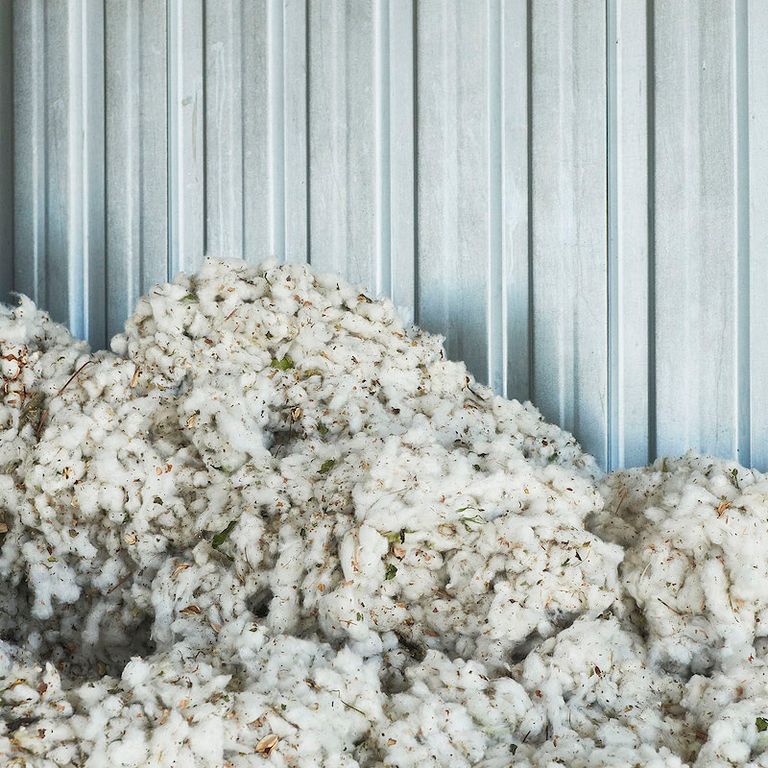
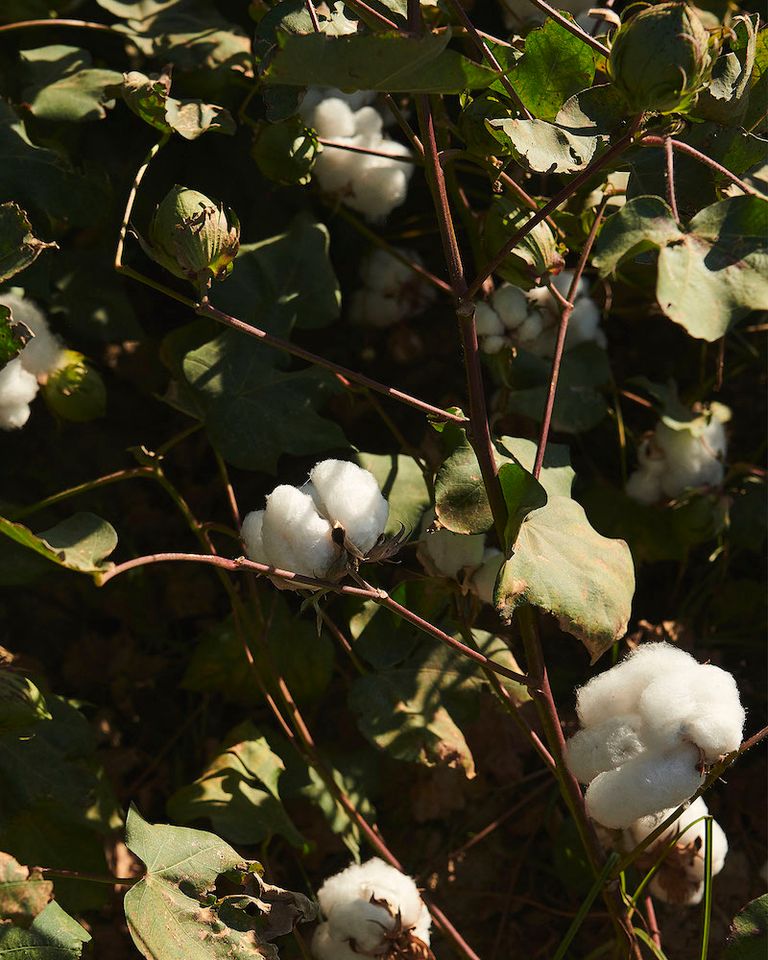

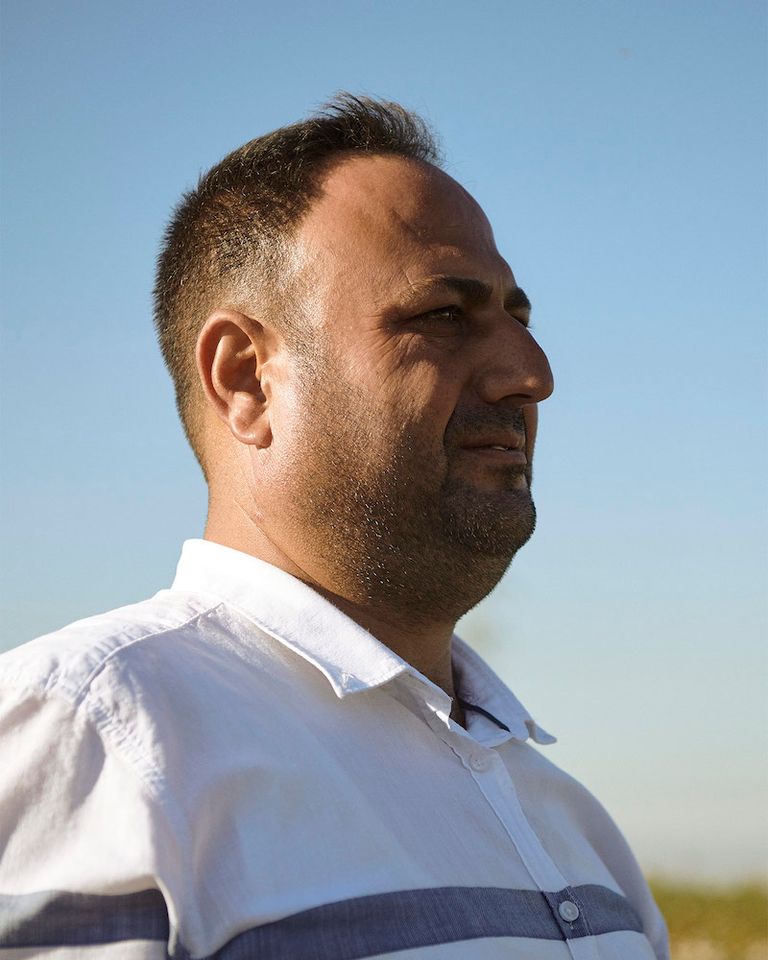
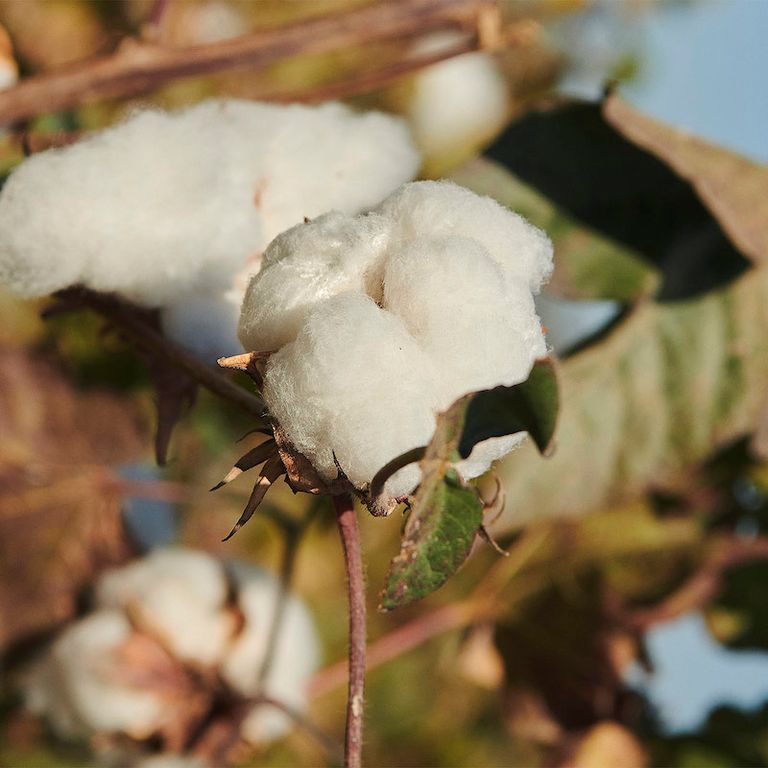
Germencik, Turkey
The project will take place just outside the town of Germencik, Turkey. It’s a 78 ha piece of land growing organic cotton and Alfa Alfa, a perennial plant grown for animal feed and known for its ability to enrich nitrogen content in the soil.
The farm is leased by Ali, an organic cotton farmer selling his crop to the cotton trading company, Akasya Tarım. Ali will begin by converting 3 ha of cotton farmland into regenerative farming practices.
